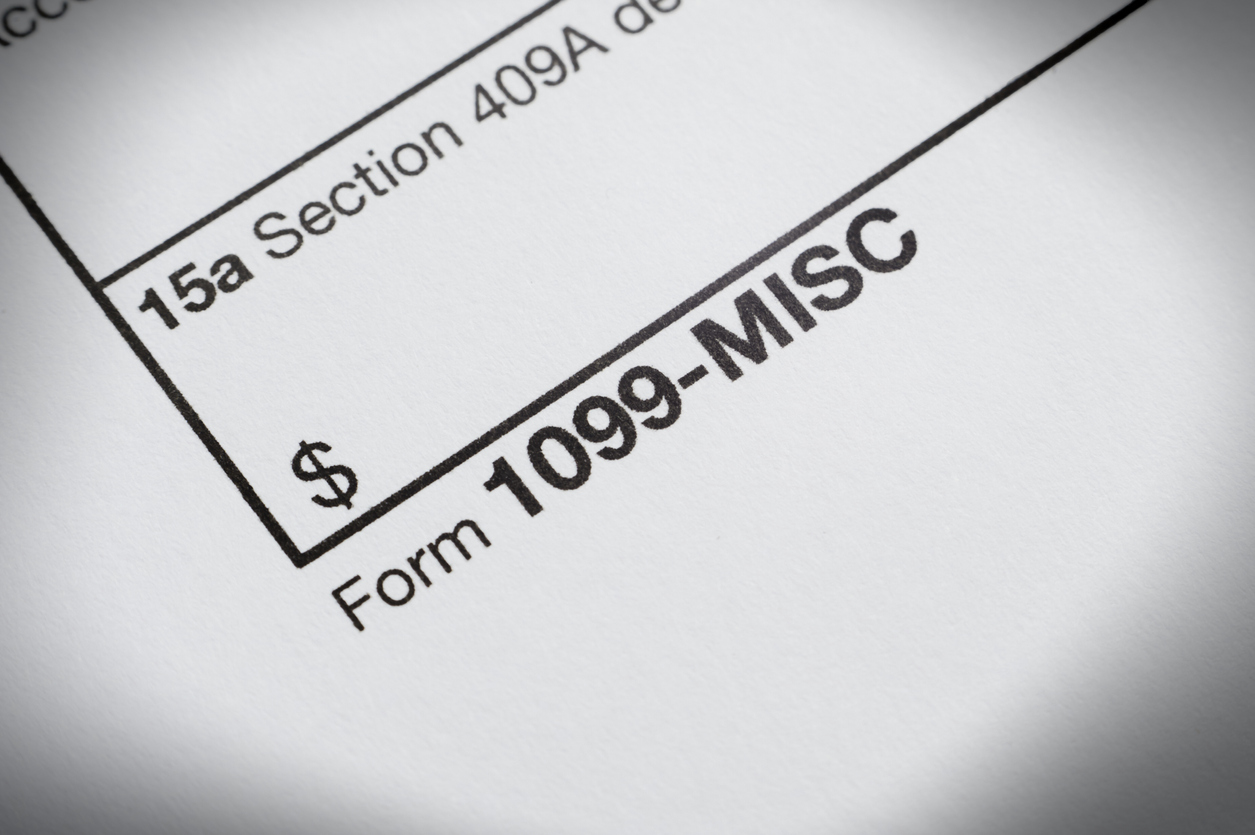Does filing your taxes feel overwhelming? If you’re new to locum tenens work, you may not be aware of some of the many tax deductions that can be applied to expenses related to your assignments. It’s helpful to understand the deductions available so you document your expenses accordingly and file your taxes correctly. As you plan for next tax season or take advantage of the deadline extension for this year, here’s a quick breakdown of deductions that you should know about:
Health insurance and healthcare expenses.
If you're doing locum tenens work as an independent contractor who is not covered under an employer-sponsored health plan (and do not have access to a plan from an employer or spouse), your health insurance premiums are considered 100 percent tax-deductible. Additionally, health savings accounts (HSAs) are another useful tax-savings vehicle, as contributions to these types of accounts are taken out of your income as “pre-tax," making them tax-deductible.
Travel, lodging and meals.
As a locum tenens provider, travel and food make up a major part of your tax-deductible expenses. Unreimbursed travel, lodging and 50% of meal costs during a locum tenens assignment can be used as tax write-offs – as long as assignments are less than a year in duration. Throughout the course of each locum tenens job, it’s best to keep track of all your expenses by saving all your receipts or charging all eligible expenses on one credit card. As an alternative, you can opt to use per diem rates, which are lump-sum amounts designated to cover eligible expenses for an entire day. Using this method is an easy way to calculate meals and other related expenses during your assignment without having to keep tabs of every receipt.
Automobile expenses.
In addition to travel-related expenses related to flights, expenses incurred from driving your automobile between home and your locum tenens site are also tax-deductible. Eligible automobile expenses include gas, insurance, repairs, parking fees and lease payments (if applicable). You can calculate automobile expenses by using the IRS's standard mileage rate for each "business mile" driven, which also applies to tolls and parking costs. Another way to calculate this expense is to multiply the number of miles driven by your automobile for business purposes by the actual costs incurred throughout the year.
As you navigate your locum tenens career, being informed about the above tax deductions will make the tax filing process much easier and help ensure you keep track of all tax-deductible expenses during your assignments.
Are you ready to discover new locum tenens jobs?
Get started with MPLT Healthcare and let our team help you find the locum assignments you want most!









